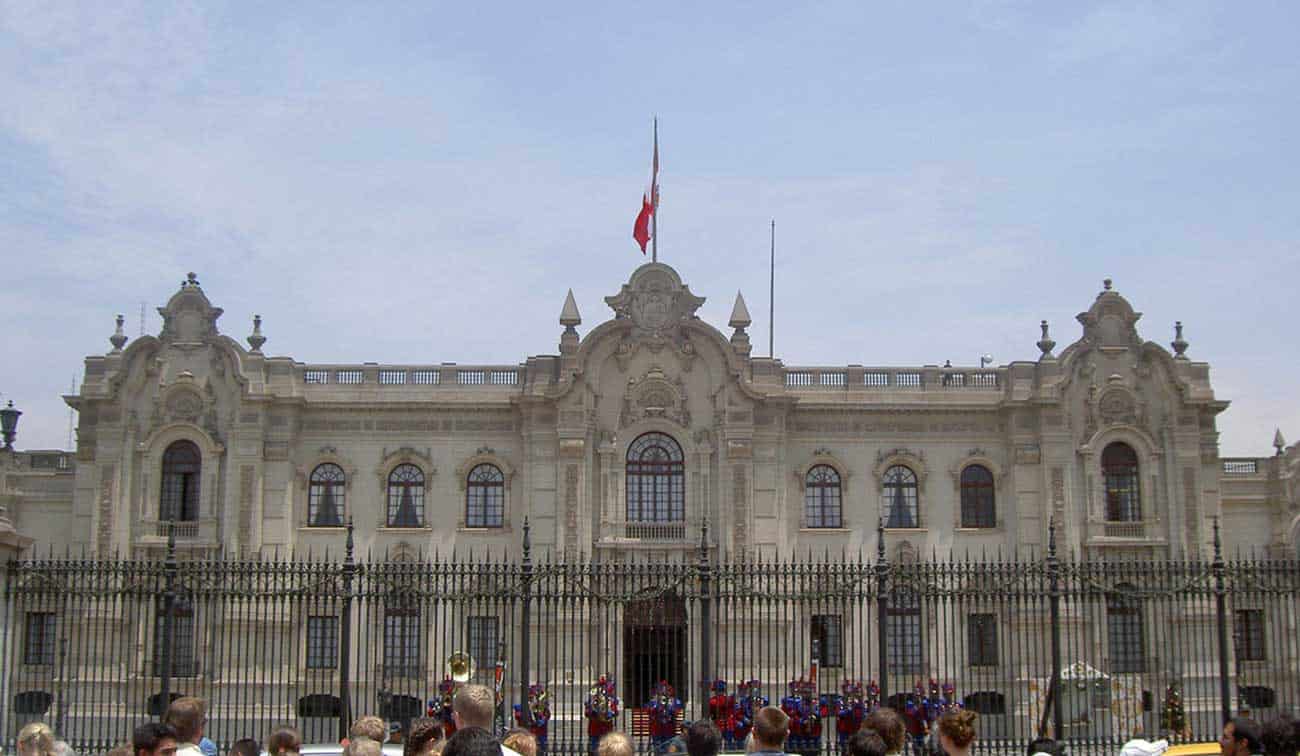Contxto – The verdict’s out and the World Bank has passed its judgement. This non-governmental organization (NGO) released its Doing Business 2020 report in which it ranked 190 countries according to best regulatory practices for opening and running a business.
Chile, Mexico, and Puerto Rico took first, second, and third place respectively in Latin America. Nicaragua ranked 142nd, Bolivia in 150th, and Venezuela (unsurprisingly) took last place taking the number 188 spot out of 190.
Doing Business 2020
Countries were ranked based on various indicators that evaluate how a country’s regulations help (or hinder) business development in its various phases.
Some of these indicators include ease for opening a business, dealing with construction permits, contract enforcement, property registration, and paying taxes.
The countries that took the overall top 3 spots were New Zealand, Singapur, and Hong Kong.
Unfortunately, according to this ranking, no country in Latin America was among the top 50 on ease of doing business. Chile took 59th place, Mexico came right behind in 60th, and Puerto Rico in 65th. Moreover, no Latin American country has been among the report’s 10 top improvers within the past two years.
The World Bank also ranked Colombia (67), Costa Rica (74), and Peru (76). This same report also placed Brazil in 124th place and Argentina in 126.
Investments and regulations at odds?
It might be attention-grabbing how Latam countries like Brazil and Argentina whose startups so often raise investments, can be ranked so low. How do these startups prosper despite what appears to be a not-so-friendly business environment? Moreover, don’t investors reportedly like countries with governments that welcome businesses?
The secret sauce in their case can be found in other factors that don’t directly rely on regulations. I won’t be addressing them all here as you could write a dissertation on it and still never finish.
But for now, I’d emphasize the fact that these countries were the breeding ground for huge companies like Mercado Libre and fintechs Nubank and Ualá.
These businesses grew so quickly to satisfy such pressing needs like e-commerce trade and financial inclusion before the government could even catch on.
And because prosperity breeds prosperity, as these companies grew, their leaders launched their own venture capital firms (e.g. Kaszek Ventures) and drew in other foreign investors to sow the seeds for more startup funding.
-ML






